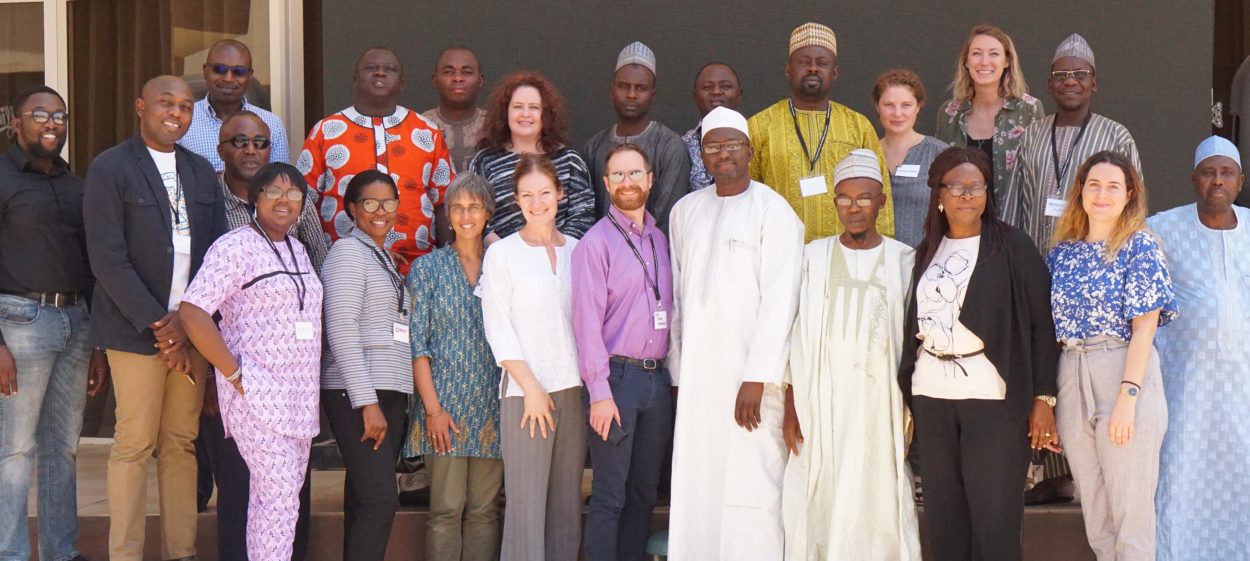News
Better health through better data
published 16 November 2017
published 16 November 2017
These meetings are known as “Data Driven Learning Workshops”. Led by the Gombe State Primary Health Care Development Agency (GSPHCDA) the workshops are part of the efforts by IDEAS to support local decision making in the primary health care sector. Making use of a joint Results Framework, which pulls together routine government data, monitoring data from implementing partners, as well as annual and bi-annual household and facility survey data, the IDEAS team together with implementation partners, the GSPHCDA, and the Bill & Melinda Gates foundation sit down together to identify accomplishments and determine where further improvements need to be made.
The fourth workshop in the series took place in Abuja in November 2017. Particular attention was given to quantitative findings on women’s access and utilization of health care services, including interactions with Village Health Workers, and on the quality of care provided in health facilities. Additionally, three presentations focused on ongoing qualitative research undertaken by IDEAS team members looking at the sustainability of the Village Health Worker scheme, perceptions related to decision-making around facility deliveries and respectful maternal care.

On the third day of the workshop participants had the opportunity to participate in a skills day. IDEAS team members showcased the use of “Epi-Data” to tabulate coverage estimates, as well as sharing some tips and tricks for preparing impactful presentations and infographics.
Participants at the workshop appreciated the rigour applied to generate the data, from the surveys and monitoring data alike. “The qualitative data presented was really valuable, especially looking into the question of how to ensure women come to health facilities for delivery and what is preventing them at the moment.” Habila Felix Gambo from the Gombe State Primary Health Care Agency mentioned during the closing of the workshop.